Zimbabwe, a landlocked country in Southern Africa, boasts a rich cultural heritage, inexpensive living, and English-speaking environment making it attractive to Nigerians who want to migrate for studies, work, or business. With growing opportunities in agriculture, education, and mining, Zimbabwe has room for working professionals and businesspeople.
1. Do Nigerians Need to Have a Visa to Visit Zimbabwe?
Yes. Nigerians must have a visa before they can travel to Zimbabwe.
But the procedure is not very complicated, and there are several visa categories for both short- and long-term stays.
2. Nigerians’ Types of Visas
Applications can be submitted at the Zimbabwe Embassy in Abuja or online for eligible categories.
A. Short-Term Visas:
- Tourist/Visitor Visa: Up to 90 days
- Business Visa: For meeting or exploring investments
B. Long-Term Visas:
- Study Visa: For students registered with schools
- Employment Permit: For qualified professionals with job offers
- Investor Residence Permit: For businesspeople or entrepreneurs
- Temporary Residence Permit: Renewable residence permit for family, retirees, missionaries, etc.
- Permanent Residence: After meeting long-stay requirements
3. Application for Zimbabwean Visa in Nigeria
Where to Apply: Embassy of Zimbabwe in Nigeria
General Application Requirements:
- Valid Nigerian passport (6+ months)
- Completed visa application form
- 2 recent passport photos
- Invitation letter (from employer, school, or host)
- Proof of accommodation
- Return flight booking
- Recent bank statements (3–6 months)
- Yellow fever vaccination certificate
- Visa fee (amount varies per category)
Processing Time: 5 to 15 business days
Visa Validity: Usually 30–90 days for short stay
4. How to Stay Long-Term in Zimbabwe
A. Employment Permit
In order to be employed in Zimbabwe legally:
- Find a job offer
- Employer submits application to the Department of Immigration
Bring your personal documents including:
- Police clearance in Nigeria
- Health clearance
- Certified copies of academic qualifications
- Employment contract
- Proof of accommodation and income
Permit Duration: 1–2 years, renewable
B. Study Permit
Nigerians who wish to study in Zimbabwe must:
- Get an admission letter from a Zimbabwean institution
- Apply for a study visa at the embassy
You must present your:
- Passport + visa application
- Admission letter
- Payment proof of tuition or sponsor
- Financial statements
- Medical certificate
- Birth certificate
Permit Duration: Valid for duration of study
C. Investor Permit / Business Residence
Entrepreneurs are free to immigrate by investing in areas including:
- Agriculture
- Mining
- Tourism
- Real Estate
- Manufacturing
Requirements:
- Business plan
- Proof of capital investment (USD$100,000 or more is recommended)
- Company registration documents
- Letter from Zimbabwe Investment Development Agency (ZIDA)
This can lead to temporary residence and eventually permanent residence.
5. Cost of Living in Zimbabwe
Zimbabwe is affordable to live in as compared to South Africa or Botswana, but price inflation is normal.
- Monthly Cost Estimates:1-bedroom flat (Harare): ₦150,000–₦350,000
- Food & groceries: ₦60,000–₦100,000
- Utilities: ₦30,000–₦50,000
- Transport: ₦15,000–₦25,000
- Healthcare insurance: ₦10,000–₦30,000 (private)
The use of several currencies (USD, ZWL) can lead to price volatility.
6. Education and Health Care
- English is the primary language used for teaching.
- Public schools are cheap but maybe lack facilities; private and international schools are recommended.
- Healthcare is basic in government hospitals; private clinics are superior.
- Health insurance is strongly recommended for expats.
7. Banking, Money & Currency Tips
Currencies Used:
- USD (most stable)
- Zimbabwean Dollar (ZWL)
Opening a Bank Account:
- Valid passport and residence permit
- Proof of address
- Work or study documentation
Popular Banks: CBZ Bank, Stanbic, FBC, Ecobank
8. Language and Culture
- Official Language: English
- Other local languages: Shona, Ndebele
Cultural Tips:
- Zimbabweans are respectful and formal in their communication
- Greetings are important
- Respect for elders is key
9. Legal Observations and Safety
Zimbabwe in general is peaceful, though the odd protest or economic meltdown might happen.
For Nigerians:
- Register with Nigerian Embassy in Harare
- Avoid discussing politics in public areas
- Carry legal documents when traveling
- Obey money exchanges run by regulations
10. Nigerian Community in Zimbabwe
There is a noticeable Nigerian presence in Harare, especially among students, small business vendors, and professionals in NGOs or teaching. Student and religious associations enable integration.
Zimbabwe offers a real destination for Nigerians seeking affordable living, educational opportunities, and pro-business government. English as the language of communication and improved immigration policies, it is possible to move there with proper papers and preparation.


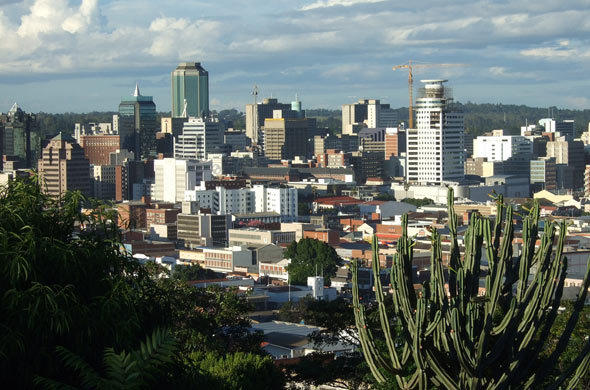
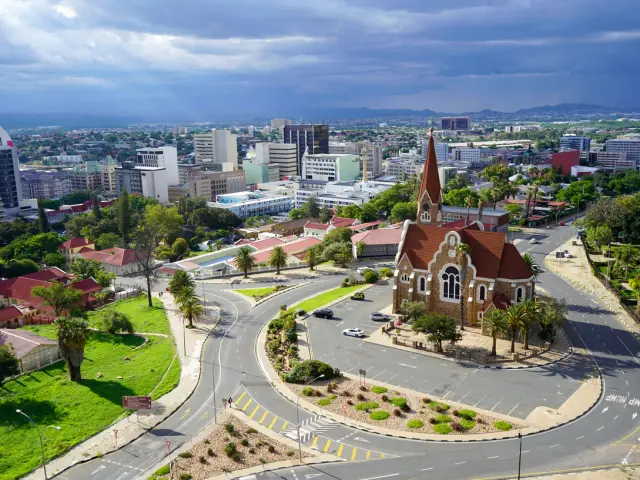
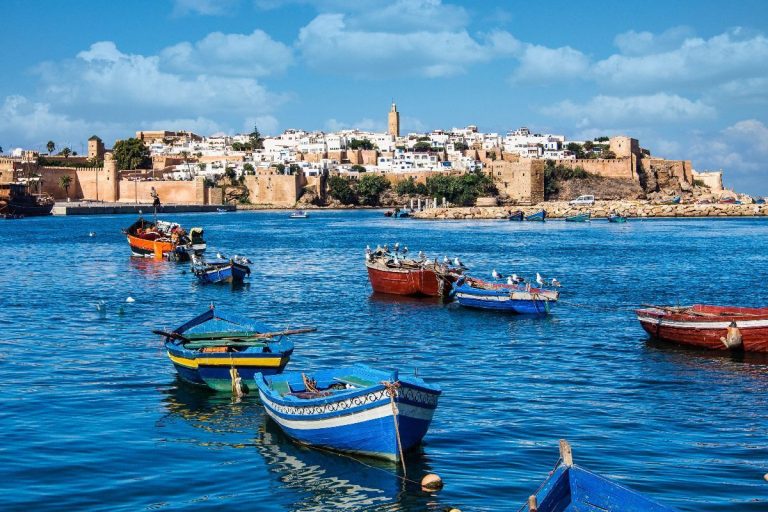
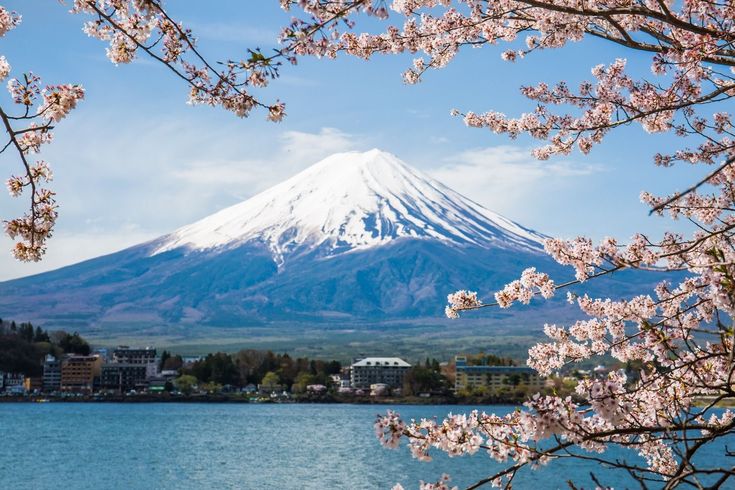
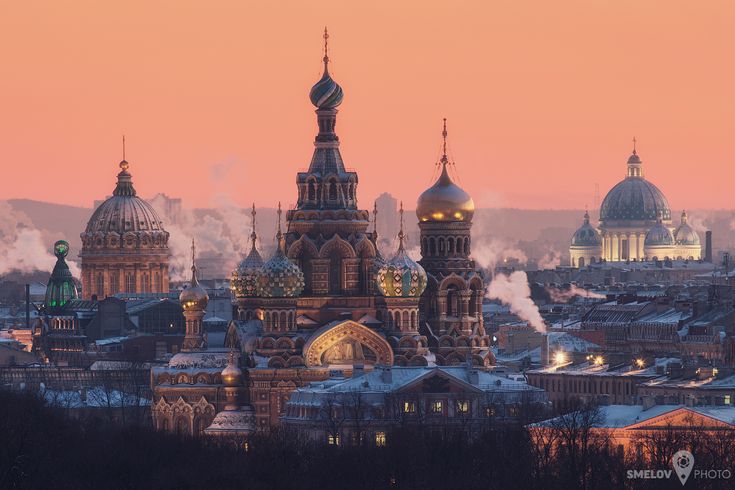
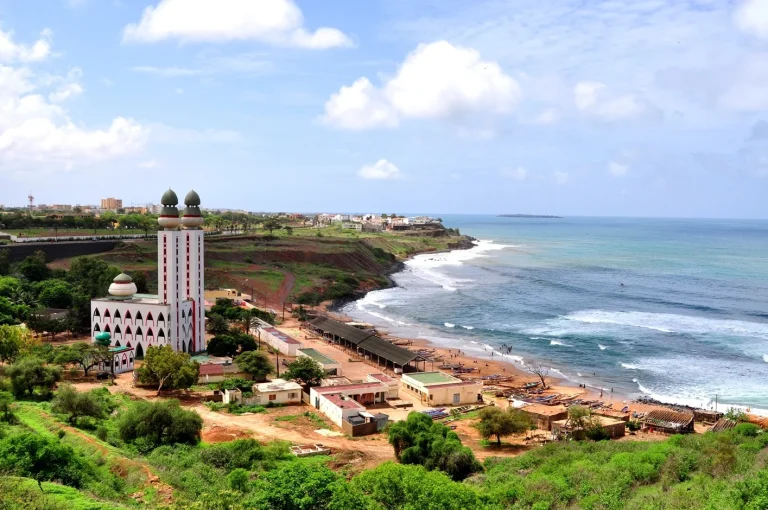
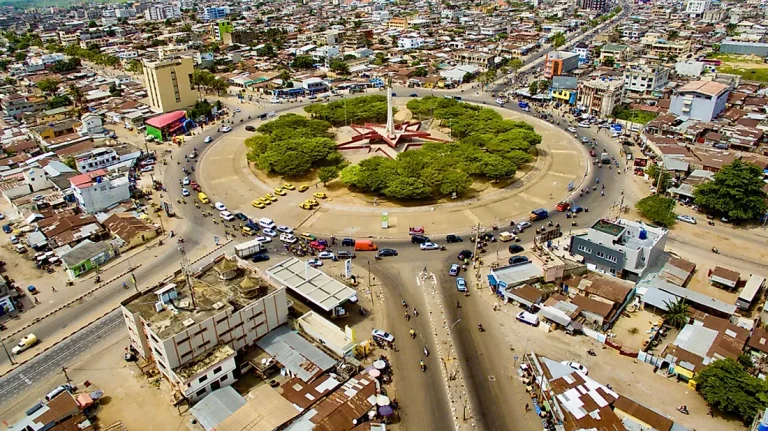
Leave a Comment